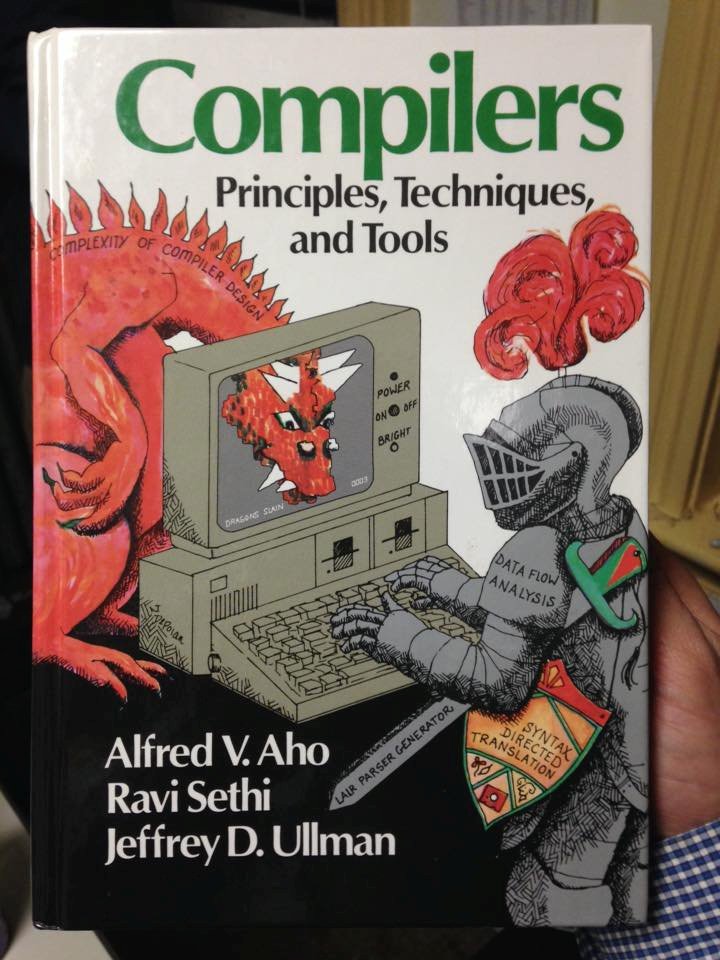- JavaScript
- Python
- Ruby
- Java
- C/C++
There are a lot of caveats here. I'm ready for the questions and hate.
Others would do better getting started faster and feeling more success early on. Then learning from experience why strictness helps.
a) it's the language I know best
b) it's the one I personally prefer
c) is in the top 5 languages that will make you marketable and ensure gainful employment for a long time
I just think Python and Ruby have edged out PHP in terms of adoption and marketability for web developers these days.
But only Python 3. Don't write Python 2. Don't let anyone convince you to write Python 2. If they wanna pay you to write Python 2, charge a lot.
(Yes this is a question about privilege. Yes it is rhetorical.)
But I agree this isn't optimized for ease of learning. All of these languages are terrible for learning except *maybe* Python.
I used to write PHP 5, and I know PHP 7 is a thing. I made an assumption about the evolution of PHP and neglected to validate it. Sorry for the bad information.
With js, they don't need to setup an environment. I can just show them what their web browser already does. With Python, there's way less syntax to get bogged down in.







